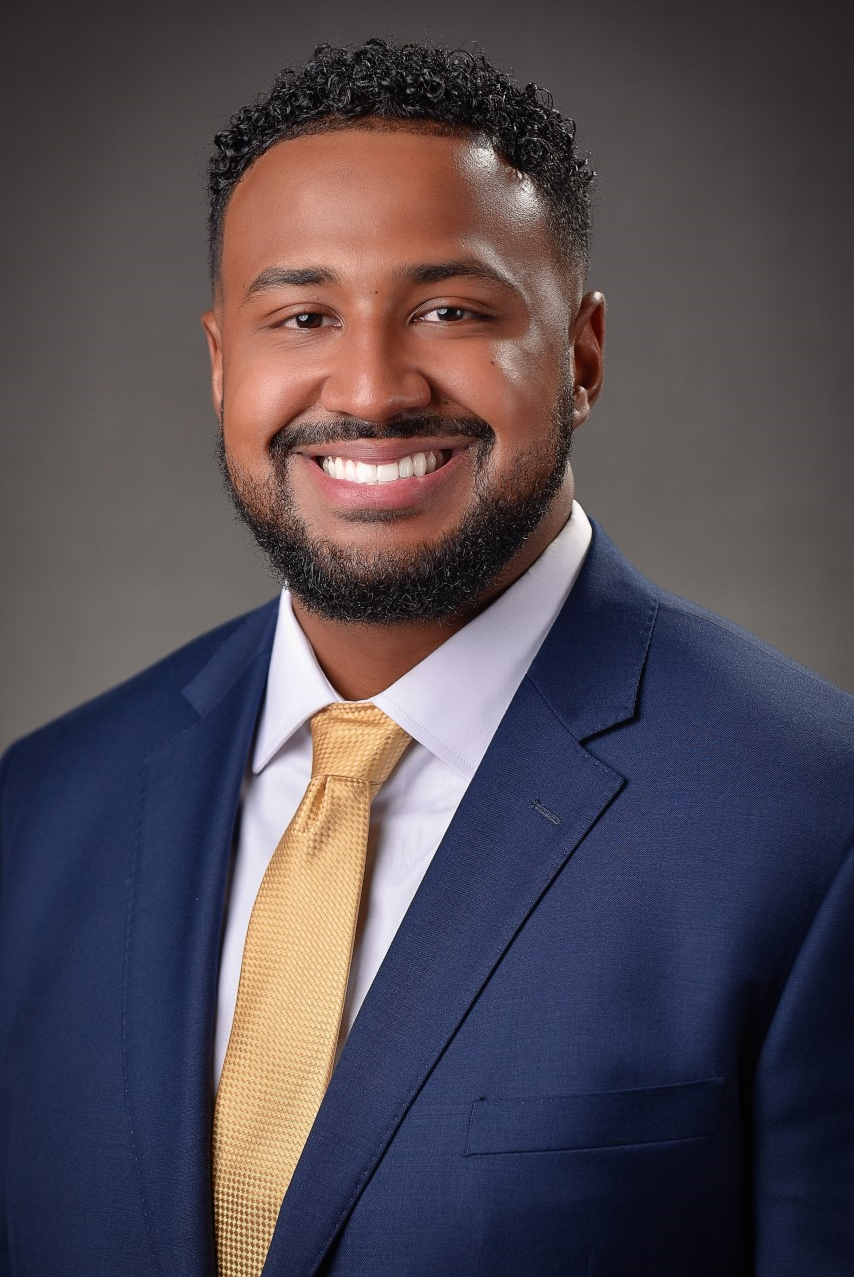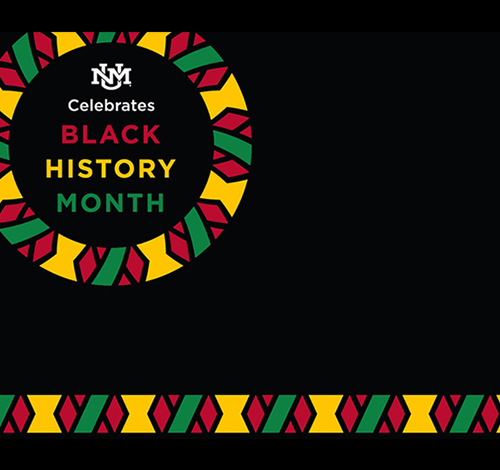Dr. James McCune Smith was the first African American to earn a medical degree in 1837 from the University of Glasgow – in a time when African Americans weren’t allowed to attend medical school in the United States.
Mary Eliza Mahoney was the first African American professional nurse to graduate from a nursing program in 1879 at the New England Hospital for Women and Children.
In 1868, Howard University Medical School was established with the purpose of educating and training black physicians.
Black History Month is a time for reflecting on the past and seeing how to improve future outcomes, says Deion Ellis, a fourth-year medical student in The University of New Mexico School of Medicine. He’s part of the committee organizing Black History Month events on the Health Sciences campus.
“Black History Month obviously is a time to recognize the sacrifices and contributions and achievements of African Americans in the United States and across the world,” Ellis says. “But I think it's also a time to pause and reflect on our own biases, stereotypes, any gaps in knowledge we have, and relationships we have across different races in general.”
Ellis, who is pursuing a specialty in physical medicine and rehabilitation and is president of the UNM chapter of the Student National Medical Association, says he’s hopeful that racial equity and social justice are at the forefront of discussion and change, and that diversity will be reflected in the medical community – that physicians will reflect the population they serve.
“We've come a long way,” Ellis says. “And I think we still have a good way to go. What I hope people take away from Black History Month is like a trifecta of looking at the past and appreciating contributions, reflecting on the now and then looking at the future to see what we can do to enhance that.”
Black History Month events kick off for the UNM Health Sciences campus on Wednesday, Feb. 9. Various events will take place throughout the month, including a panel discussion on understanding microaggressions, a presentation on enhancing career exploration, and other events, such as Black History trivia night with prize giveaways. See the Black History Month webpage for details and to register.
HSC social media platforms will feature notable African Americans in medicine.
“The objective of that is to inform students of African American pioneers in the medical field and highlight some of that wonderful, rich history, which, in my opinion, isn't taught that much,” Ellis says.
McCune Smith, a black pioneer in medicine, is one of Ellis’ inspirations for wanting to become a doctor, he says.
“I think pioneers, in general, lay down the foundation for future generations to take it one step further,” Ellis says. “I think if you were to go back in history – granted the percentage is small – but still, having a percentage of African Americans in medical school in general is pretty groundbreaking. And I see this continuing to grow.”
Through his involvement in SNMA, Ellis has met many like-minded students who want to improve health care for all populations.
“It just seems like a lot of people care about advancing the diversity of medicine, and making the physician population more representative or in line with the patient population,” he says.
HSC events and history
Find details on upcoming HSC events and history about African Americans in medicine, as well as a Black History Month background for use during Zoom meetings on the Black History Month webpage.

The objective is to inform students of African American pioneers in the medical field and highlight some of that wonderful, rich history, which, in my opinion, isn't taught that much.
